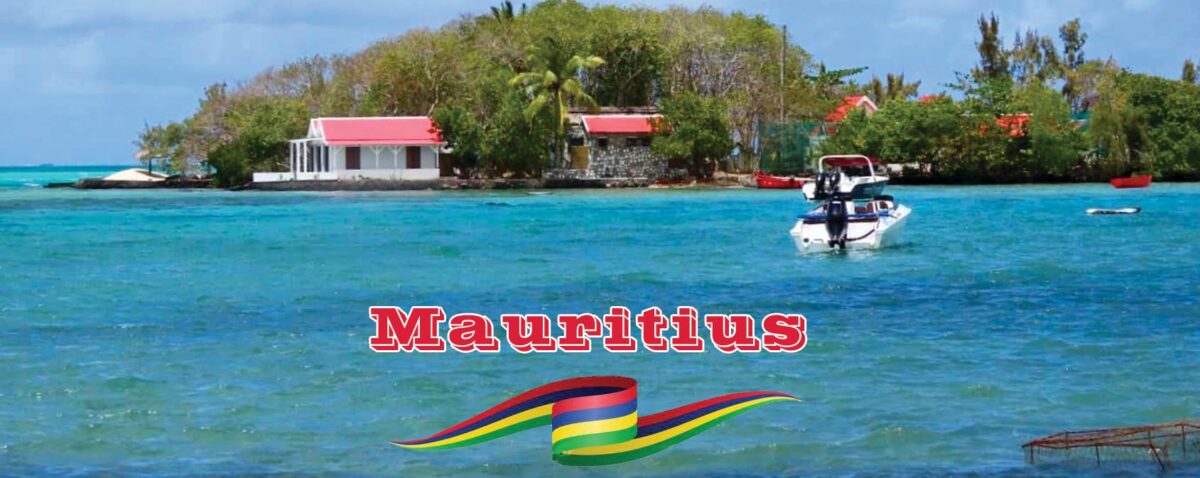 Mauritius struggling with its identity.
Mauritius struggling with its identity.
The identity crisis in Mauritius is something still ongoing. The population struggles with the notion of fully being Mauritian. The ethnic or religious identity is still prevalent. On radio talk shows you can still hear people referring to categories either by their presumed religion or by the ethnic group. Example, that Catholic man when talking about a Creole person. Which is really weird when you realize that a Creole person can be an atheist or a member of any other religion.
Others in the population seem happy to slot themselves in ethnic groups by adhering to so-called cultural associations. There are many cultural associations here in the form of various language speaking unions or religious associations. Some are happy to display the colours of foreign flags as a sign of identity. An example is the display of the Indian flag colours or even the use of the Jamaican Rastafarian one.
 So you might say where is the Mauritian identity in all this? Good question. The population’s origins are multiple, African slaves, Indentured Labour hired from India and many other immigrant groups. These were thrown together in history by previous colonial authorities. Mauritius will be reaching a milestone in 2018 with the 50th anniversary of independence but it is still struggling with accepting a unique identity. It is clear in various aspects of life here, notably in politics and general meritocracy aspects where people are selected because of political or ethnic affiliations.
So you might say where is the Mauritian identity in all this? Good question. The population’s origins are multiple, African slaves, Indentured Labour hired from India and many other immigrant groups. These were thrown together in history by previous colonial authorities. Mauritius will be reaching a milestone in 2018 with the 50th anniversary of independence but it is still struggling with accepting a unique identity. It is clear in various aspects of life here, notably in politics and general meritocracy aspects where people are selected because of political or ethnic affiliations.
Wikipedia notes: the government officially groups Mauritians in four ethnic groups: Hindus, Muslims, Chinese and General population. The general population gathers all that don’t practice the Hindu or Muslim religion, or are not Chinese by race. Hence general population is the Christian community, which includes whites, Coloureds, blacks, and a good amount of those of Indian ancestry especially Tamils who have converted to Christianity. The exception to the rule is that the general population does not include the Christian-Chinese, although 90% are Christians.
Note the confused notion of general population above. There is no readily available answer to this identity process. It all depends on the will of the people to develop a unique Mauritian identity. It is important to know one’s cultural and historical origins but it is equally important to develop a patriotic pride in the achievements of the country where you live and work. If this is not the case, then it means that there is still social injustice which is perpetuating retrograde into division.

I think that’s similar to the US. If everyone could just wrap their heads around being solely American or solely Mauritian, I think many a problem would be solved. That’s my opinion, Mike, do you think I’m headed in the right direction?
I believe so, if you look at how Irish immigrants have integrated into various societies, all those many years ago, you get the general idea. They had to adapt to their times and forsake a little of their old customs and ways so that they could move on in life. It is basically the same here. Many are holding on to very ancient customs as if they are afraid to completely lose traditions. My observation is that they are missing-out in building their own identity while hanging-on to the notion of the roots of the old country or motherland.